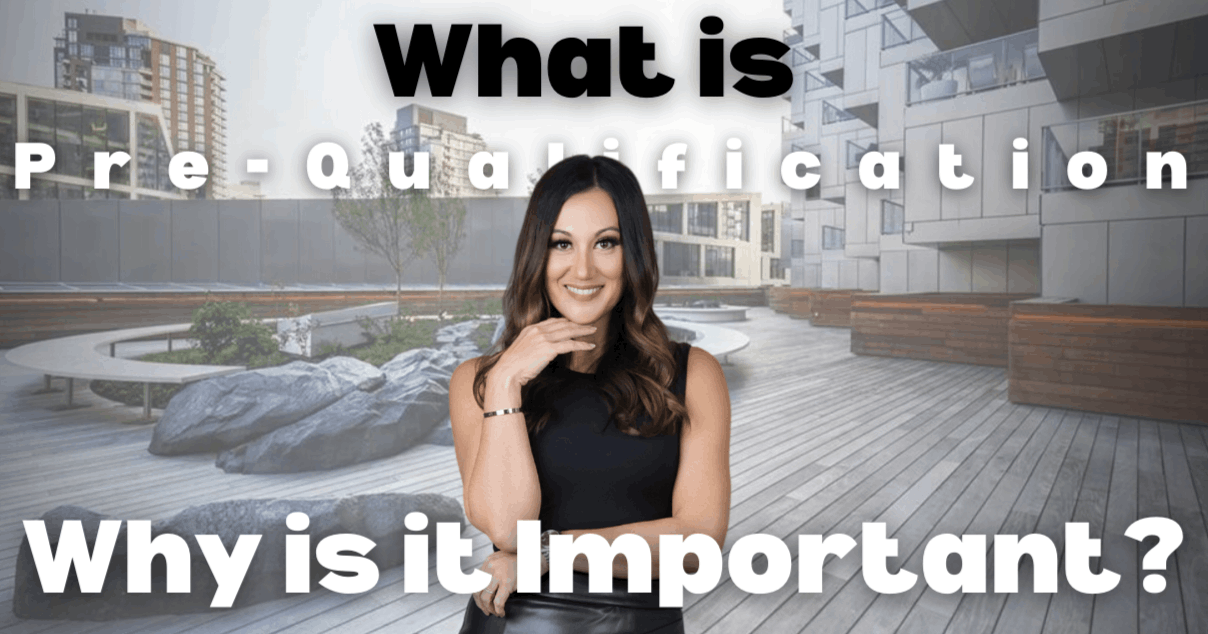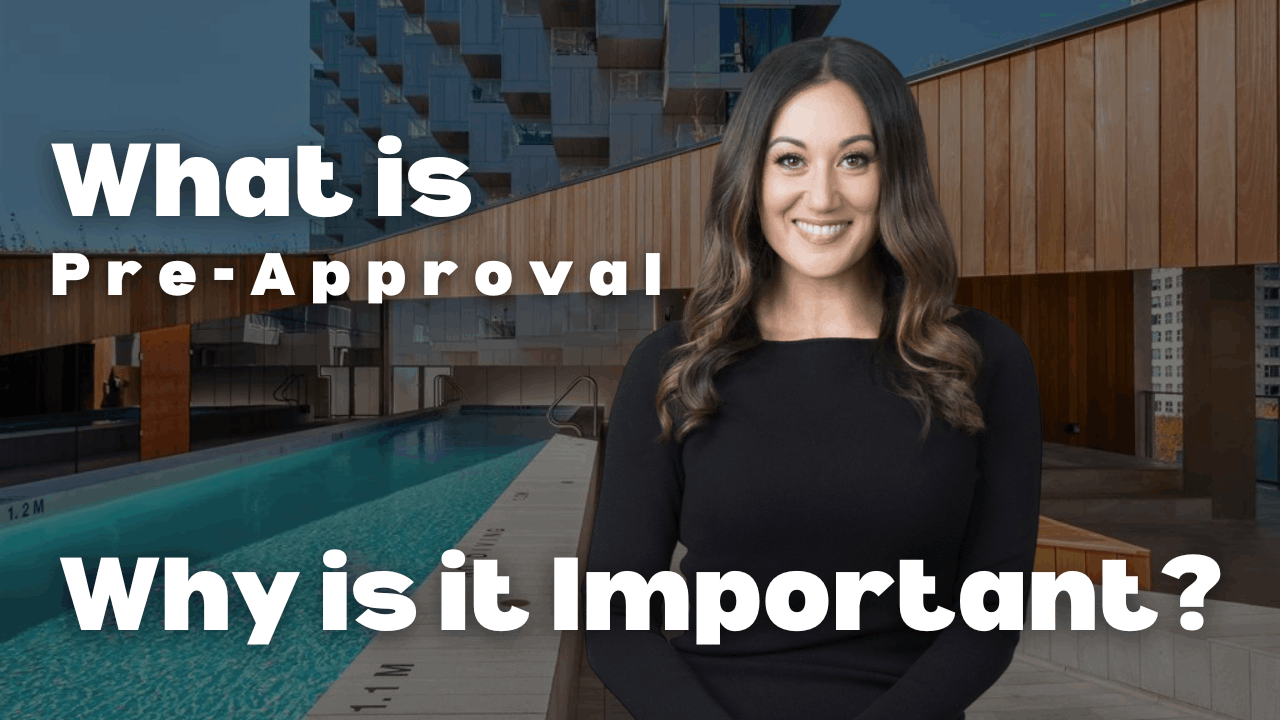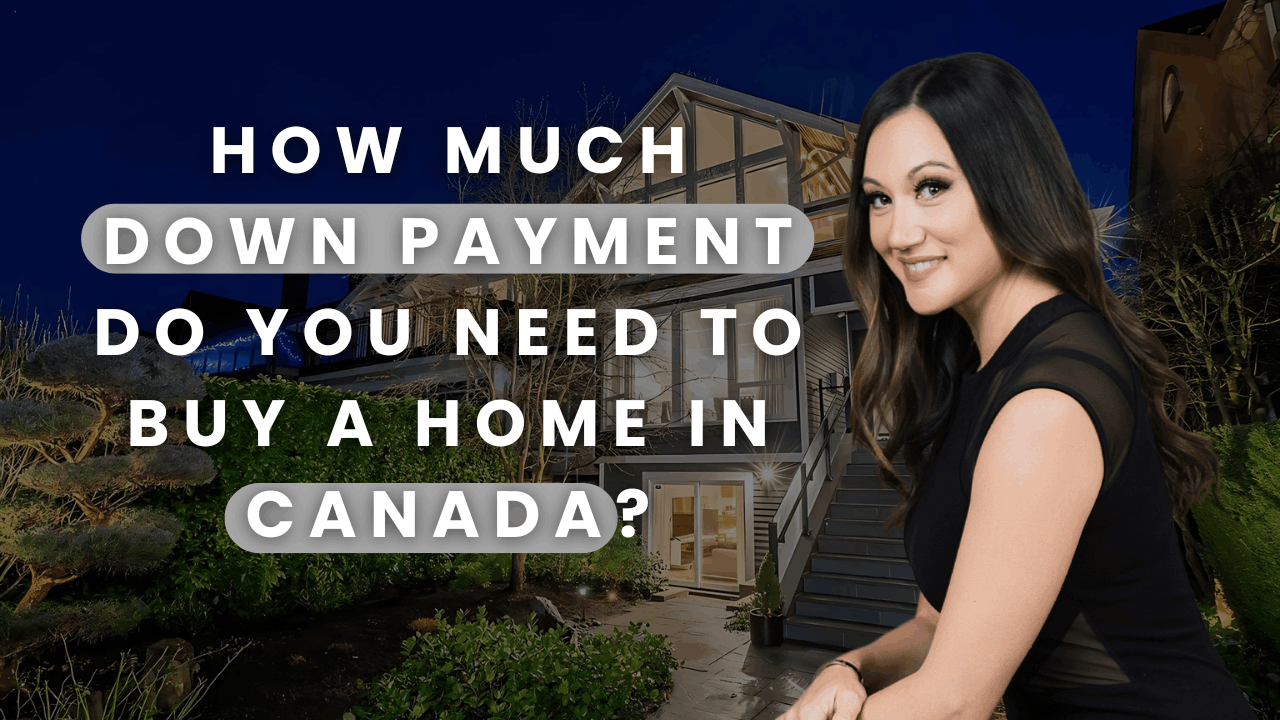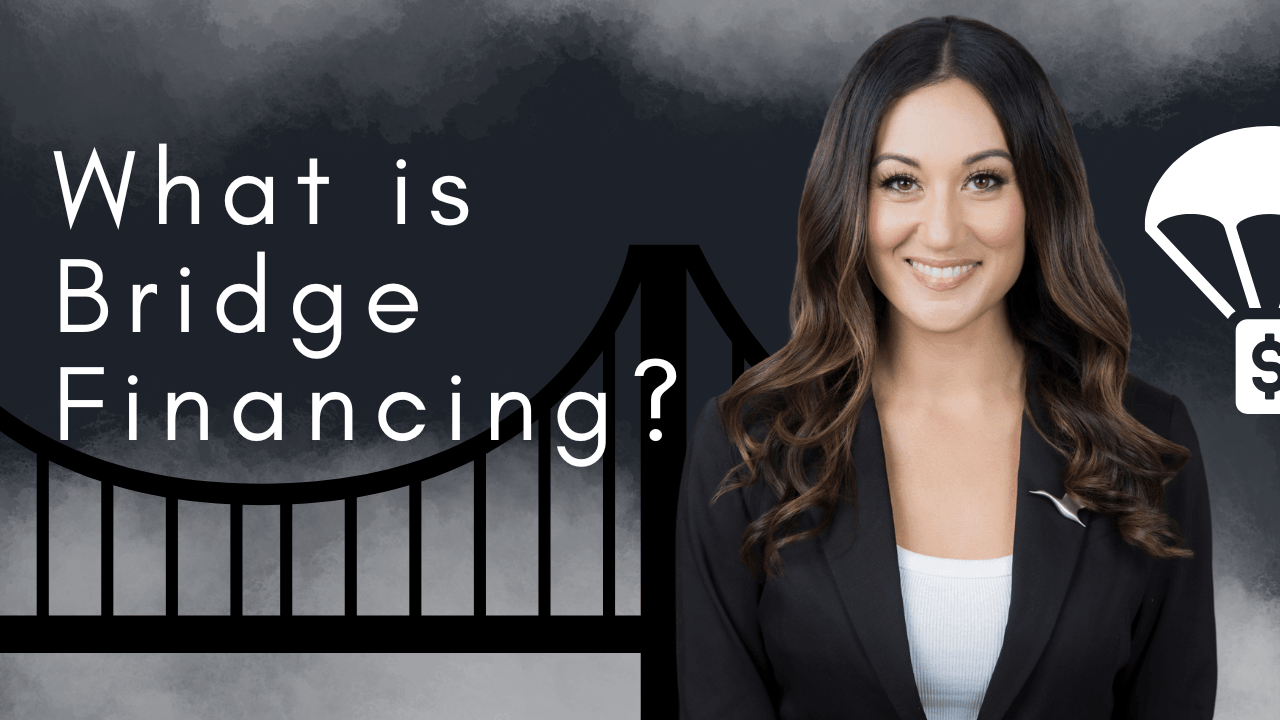What is Mortgage Pre-Qualification? A Simple Step in the Home Loan Process
Mortgage pre-qualification is the first step in securing a home loan. It’s a quick and easy process where you provide a mortgage advisor with your financial details, like income, debt, and assets. Based on this, the advisor gives you an estimate of how much a lender may be willing to lend you.
Why is Pre-Qualification Important?
1. Understand Your Budget: Know how much home you can afford.
2. Save Time: Focus on properties within your price range.
3. Boost Confidence: Approach sellers and agents with a clear budget in mind.
How to Get Pre-Qualified?
1. Share Financial Info: Provide details about your income, debt, and assets.
2. Receive an Estimate: Get a preliminary loan amount.
3. Start Home Shopping: Begin your search with a clear budget.
4. Mortgage pre-qualification is just the first step toward final loan approval.
What is Mortgage Pre-Approval and Why is it Important in the Home-Buying Process?
If you're planning to buy a new home, one of the most crucial steps in the home-buying process is getting pre-approved for a mortgage. In this video, we explain everything you need to know about mortgage pre-approval and how it can set you up for success when purchasing a home.
A mortgage pre-approval is a formal statement from a lender that you qualify for a loan based on the financial information you’ve provided, such as your income, credit score, debt, and assets. It often specifies important details such as the loan amount, interest rate, and terms, giving you a clear picture of how much you may be able to afford. Getting pre-approved is a vital step because it helps you understand your budget and can make you a more attractive buyer to sellers, showing that you’re serious and financially capable of purchasing the home.
Having pre-approval in hand can save you time and effort by narrowing down your home search to properties within your price range. It also speeds up the process once you find the right home, as you’ve already completed part of the mortgage approval process.
Credit Score Tips for Real Estate Buyers
When you're looking to purchase real estate, your credit score plays a crucial role in determining your mortgage options and the interest rates you'll receive. Understanding what a credit score is and how it impacts your ability to buy a home is essential for any homebuyer. A strong credit score helps you secure the best mortgage terms, while a lower score may limit your options or result in higher rates.
To set yourself up for success in the real estate market, it’s important to maintain a healthy credit score. This means staying on top of your credit report, paying bills on time, and managing debt wisely. It's also important to debunk a common myth about credit scores: having someone pull your credit doesn't automatically lower your score, so you don’t need to worry when a lender checks your credit as part of the home-buying process.
How Much Down Payment Do You Need To Buy A Home?
When you're ready to purchase a home, one of the most important factors to consider is how much down payment you'll need. The amount can vary depending on the price of the home you're interested in. For homes priced under $1,000,000, you can typically purchase with as little as a 5% down payment. However, if the home you're buying exceeds $1,000,000, you’ll need to make a down payment of at least 20% of the purchase price.
If you're worried about coming up with the down payment on your own, there are options available to help. One common solution is receiving a gift from a family member to cover part or all of the down payment. This can make homeownership more accessible if you don’t have enough savings yourself.
What is Bridge Financing and How Can It Help You Buy a Home?
If you're looking to purchase a new home but need to sell your current home first, you might find the process a bit tricky. The timing of selling your existing property and purchasing a new one can be challenging. Fortunately, bridge financing can provide a solution to help ease this transition. In this video, we’ll explain what bridge financing is, how it works, and how it can help you purchase your new home without the stress of needing to sell your current one first.
Bridge financing is a short-term loan that allows you to use the equity from your current home to fund the down payment or closing costs for your new home. This can be a game-changer when the sale of your current property hasn’t gone through yet or when the closing dates of your home sale and new purchase don't line up. With bridge financing, you can avoid having to settle for a rushed sale or miss out on your dream home.
By using bridge financing, you can move forward with confidence, knowing that you have the financial flexibility to secure your new home while waiting for the sale of your current property to close.
What is a Fixed Rate Mortgage?
In this video, we dive into everything you need to know about a fixed-rate mortgage in Canada. A fixed-rate mortgage is a type of mortgage where the interest rate stays the same for the entire term of the loan, which typically ranges from six months to 10 years. This means that once you lock in your rate, your monthly mortgage payments will remain consistent throughout the term, providing you with stability and predictability in your financial planning.
Many homebuyers prefer fixed-rate mortgages because they offer peace of mind, knowing exactly what their monthly payments will be, regardless of changes in market interest rates. This predictability makes it easier to budget and avoid unexpected fluctuations in mortgage costs.
If you value stability and want to ensure that your mortgage payments stay the same for the duration of your loan, a fixed-rate mortgage may be the right choice for you.
